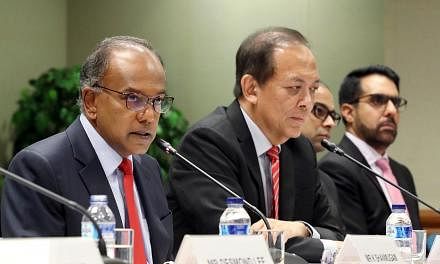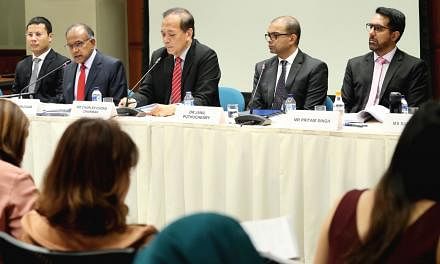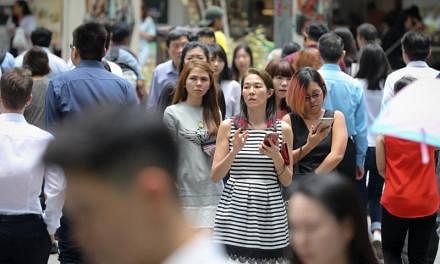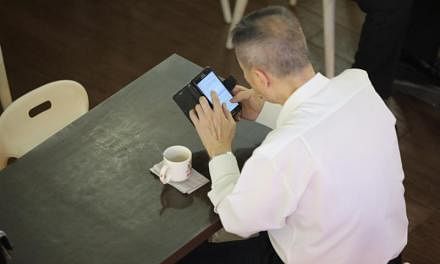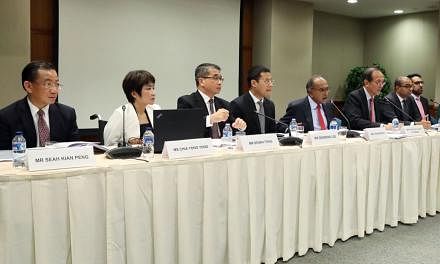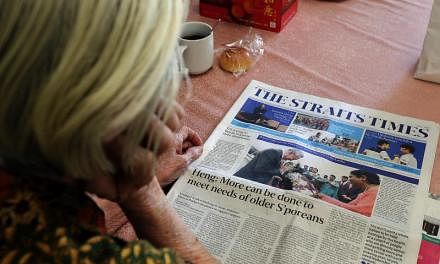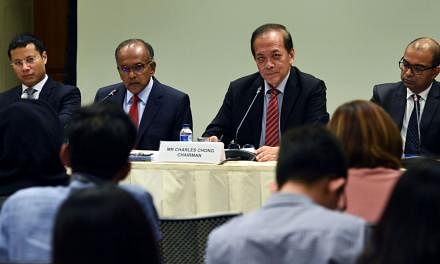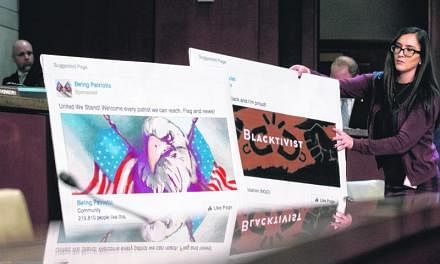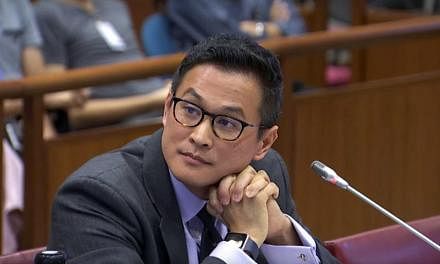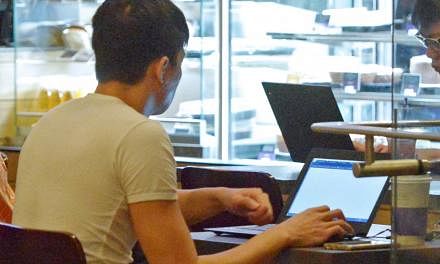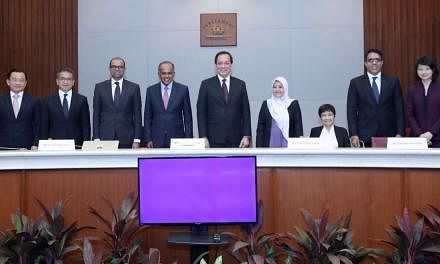Any legislation to counter deliberate online falsehoods should not be so broad and sweeping that it deters the legitimate sharing of information and hampers the work of journalists, editor-in-chief Warren Fernandez said yesterday.
"This is a concern for... the public, not just a concern of journalists," Mr Fernandez told a parliamentary hearing when presenting the views of Singapore Press Holdings (SPH), where he heads the media company's English/Malay/ Tamil Media Group.
Any proposed new laws should differentiate between deliberate and inadvertent spread of falsehoods, and take into account the impact of the content, such as whether it affects social cohesion or national security, he added.
The parliamentary Select Committee tasked to look into the issue of deliberate online falsehoods heard from editors of SPH and broadcaster Channel NewsAsia as well as other media players.
The media companies supported introducing laws to counter the problem, with SPH proposing legislation for distributors of online content as a possible solution.
Despite this position, it is natural for editors to have concerns about any new legislation, especially without knowing what form it may take, said Mr Fernandez, who is also editor of The Straits Times.
"There are already quite a number of existing laws which give the Government powers, as you have used previously. So, any further legislation is something that naturally causes concern in our minds because we have no sight of what shape or form that legislation might entail," he said.
A law that is too broad could scare people from offering information, and this could impinge on the work of journalists, who have an important role to play in battling disinformation, he said.
In addition, he noted that the news-gathering process is rarely straightforward and often involves verifying information that comes in dribs and drabs. This meant journalists and editors have had to piece together and interpret information, while making judgment calls, which could end up being labelled as deliberate falsehoods, when they had no intention to mislead at all.
Instead, Mr Fernandez said, any new law should focus on online false news that is deliberately untrue.
Noting that existing laws are mostly limited to content creators and providers, he urged the Government to "focus your energies on ensuring a level playing field between us and distributors of content who should be held to account and should be held responsible for the information that they put out and spread".
During the hearing, the editors were also asked about their views on freedom of the press and censorship. Committee member and Nominated MP Chia Yong Yong asked what would constitute constraints on that freedom.
Mr Fernandez said journalists hold freedom of the press dearly, and are legitimately concerned about any attempt to constrain it.
But they also understand that freedom is not absolute and has to take into account Singapore's context, as there are other freedoms that need to be safeguarded, he said. Singaporeans would expect media outlets to help maintain societal harmony on issues of race and religion, for instance.
Citing cartoons of Prophet Muhammad published in some countries, Mr Fernandez said media outlets in Singapore would not publish them.
Making such editorial judgments, however, is about exercising responsibility, he said. Editors take inputs from many sources, including newsmakers and readers, to help inform their judgments.
"Before we publish anything, we would want to make sure it is not libellous, or unfair, or biased. And that process of making that judgment, I don't think it is censorship. It is exercising responsibility," he said.

